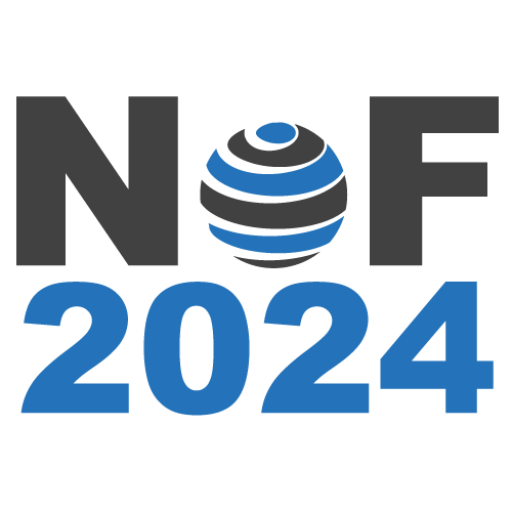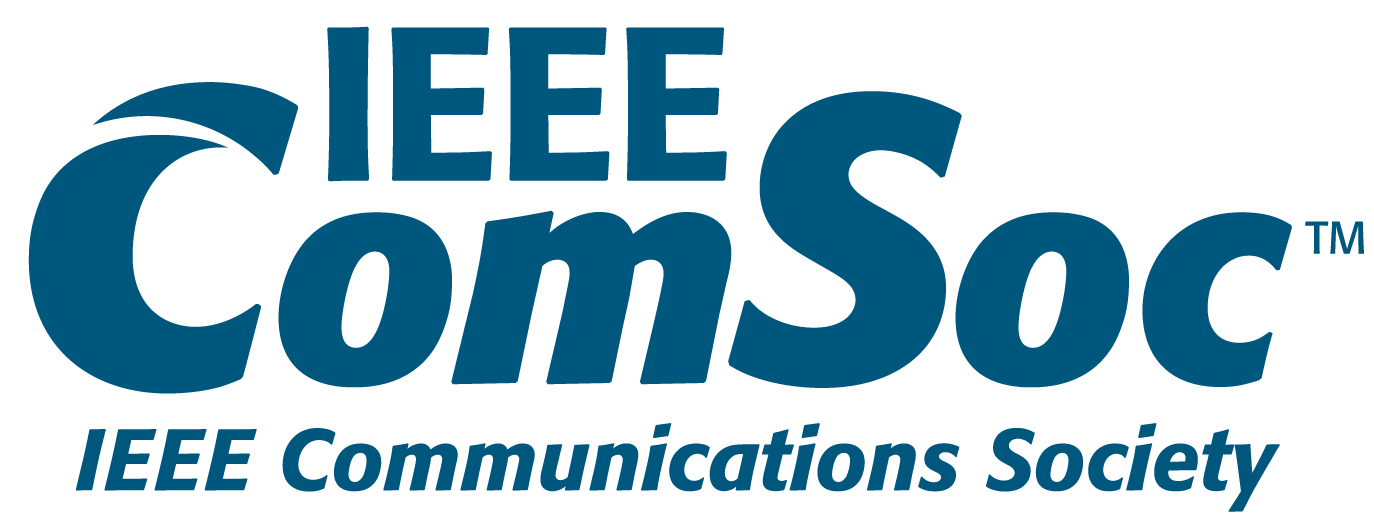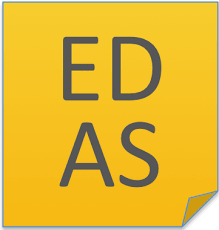NoF 2024 Tutorials
Tutorial #1
Title: Utilizing LLMs for Understanding, Monitoring, and Control of 6G Networks
Tutorial Duration: 90 minutes
Abstract: This tutorial aims to explore the application of Large Language Models (LLMs) in understanding, monitoring, and controlling wireless networks, with a focus on O-RAN networks. The tutorial will cover the basics of LLMs and introduce TSpec-LLM, demonstrating how Retrieval-Augmented Generation (RAG) can enhance telecom document understanding. We will present an open-source dataset of all 3GPP documents that can be used to improve LLMs’ understanding of the telecom domain.
It will further present the concept of the Telecom Foundation Model, discussing LLM-based agentic work- flows for adaptive monitoring and intent-based orchestration tasks in O-RAN networks. A hands-on demo will be conducted where participants will be given a VM with all the required software to deploy an O-RAN network (without the need for RF frontend) with sample LLM-based agents for monitoring and orchestration tasks, showcasing intent-based monitoring and orchestration in action.
At a conceptual level, the tutorial will cover how to inject intelligence into network orchestration and monitoring by means of LLMs and their proper grounding in the network through interaction with the network elements or their digital twins, paving the way for creating autonomous mobile networks.
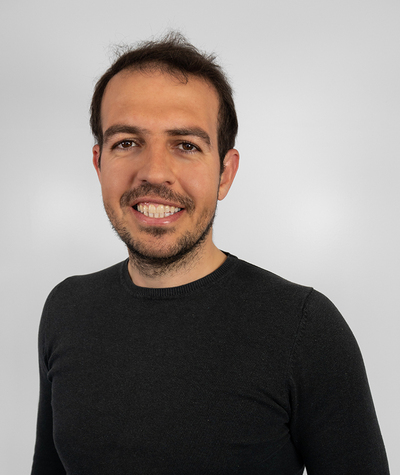
Rasoul Nikbakht
(Centre Tecnologic de Telecomunicacions de Catalunya (CTTC), Spain)
Bio: Rasoul Nikbakht holds a Ph.D. in Information and Communication Technology, with a focus on machine learning (ML) applications in wireless communication. He possesses a robust foundation in optimization, self-supervised learning, LLM data collection and fine-tuning, and a deep understanding of wireless networks. His expertise includes developing telecom foundational models, agentic workflows for autonomous wireless networks, and various communication technologies such as cell-free and non-terrestrial networks. Recognized with a Globecom Best Paper Award, Rasoul has demonstrated excellence in the wireless communication field. He is highly experienced in cloud-based deployment of 5G/O-RAN networks, Kubernetes, edge computing, and managing GPU clusters for training telecom foundational models. As an effective leader, he excels in proposal drafting and project execution, having coordinated a Saint proposal for reliable AI for 6G networks (SNS Stream B 08 Call 2024).
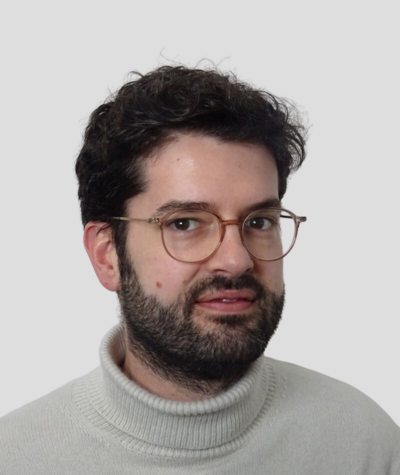
Albert Bel
(Centre Tecnologic de Telecomunicacions de Catalunya (CTTC), Spain)
Bio: Albert Bel is a Researcher at the Services as Networks research unit of the CTTC. He has a strong publica- tion record, with eight top-ranked Q1 journals, eleven conferences, and an invited book chapter, receiving more than 1000 citations. His project involvement is extensive, participating in 22 competitive research projects: 4 European (acting as project manager for 2 and PI for 1), 12 Spanish (acting as project manager for 2), and 6 Catalan (acting as project manager for 2 and PI for 1). Additionally, he was the IP of 2 research contracts with companies. His interests include E2E orchestration of the resources needed in a mobile network, including the O-RAN components, the physical network components, and the 5G core components.
Both speakers are actively involved in the 6G Blur project, which aims to create an O-RAN-based 6G testbed, and have hands-on experience with all the required software and hardware stacks for deployment and orchestration of O-RAN components.
Intended Audience
This tutorial is intended for researchers, industry players such as operators, and students interested in the application of LLMs in telecommunications, particularly those focusing on future network technologies such as O-RAN. Attendees should have a basic understanding of O-RAN, standardization bodies such as 3GPP, and the telecom domain in general. The tutorial will also provide a practical view towards the deployment and orchestration of O-RAN components, which should attract the interest of industry players.
Tutorial #2
Title: Leveraging Data Engineering and Distributed Ledger Technologies for the Realization of B5G/6G Networks
Tutorial Duration: 90 minutes
Abstract: In this tutorial, we aim to provide a comprehensive and thorough overview of the recent advances in data engineering and blockchain frameworks and link the capabilities of these ecosystems to future telecommunication systems. Some special features of this tutorial are: a clear link between the data engineering (including data connection, data ingestion, data processing & analysis, data storage, data monitoring & visualization and data management & orchestration frameworks) ecosystem with telecommunication networks and role of blockchain for B5G, an overview of applications of DLT/blockchain enabled B5G system and how these can be related to data engineering frameworks, the relationship to data science frameworks, and related data engineering and blockchain use cases for telecommunications networks will be discussed. Two example demonstrations will also be demonstrated.
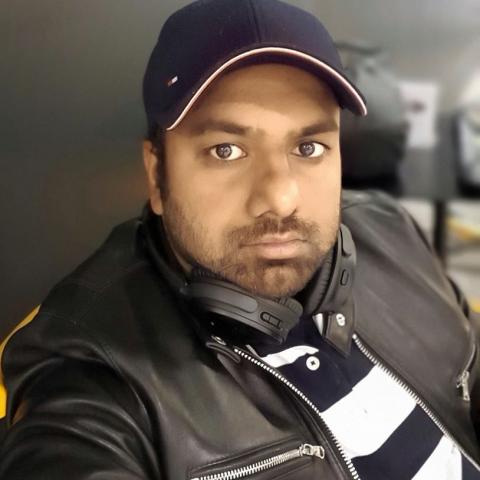
Madhusanka Liyanage
(School of Computer Science, University College Dublin, Ireland)
Bio: Madhusanka LIYANAGE received the Doctor of Technology degree in communication engineering from the University of Oulu, Oulu, Finland, in 2016. He is an Assistant Professor/Ad Astra Fellow and the Director of the Graduate Research, School of Computer Science, University College Dublin, Ireland. He is leading the Network Softwarization and Security Labs, UCD School of Computer Science which mainly focuses on the security and privacy of future mobile networks, including 5G and 6G. He is also acting as a Docent/Adjunct Professor with the Center for Wireless Communications, University of Oulu and a Honorary Adjunct Professor with the University of Ruhuna, Sri Lanka, and the University of Sri Jayawardhanepura, Sri Lanka. His research interests are 5G/6G, blockchain, network security, AI, explainable AI, federated learning, network slicing, Internet of Things, and multiaccess edge computing.
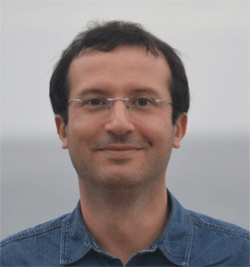
Engin Zeydan
(Centre Tecnologic de Telecomunicacions de Catalunya (CTTC), Spain)
Bio: Engin Zeydan received the PhD degree in February 2011 from the Department of Electrical and Computer Engineering at Stevens Institute of Technology, Hoboken, NJ, USA. Since November 2018, he has been with the Communication Networks Division of the CTTC working as a Senior Researcher. He was a part-time instructor at Electrical and Electronics Engineering department of Ozyegin University Istanbul, Turkey between January 2015 and June 2018. His research areas include data engineering/science for telecommunication networks.
Intended Audience
The target audience is networking practitioners who are willing to get involved in the data engineering and blockchain ecosystem. The attendees of this tutorial will have the chance to learn more about data engineering and blockchain for networking and its applications from the perspective of telecommunication operators. The audience is expected to have basic knowledge of networking as a prerequisite.
